Warri Residents Protest INEC Centre Allocation

The Independent National Electoral Commission (INEC)’s recent proposal for the delineation of electoral wards in Nigeria’s Warri Federal Constituency has ignited significant tensions and sparked potential for conflict among the area’s predominant ethnic groups: the Ijaw, Itsekiri, and Urhobo. Comprising Warri North, Warri South, and Warri South-West local government areas (LGAs), the constituency is experiencing varied reactions to INEC’s plan. While only some Ijaw communities have seemingly accepted the proposal, the Itsekiri deem it unfair, arguing it fails to reflect their population and voter strength. The Urhobo outright reject it, claiming it does not account for their numerical majority, particularly in Warri South. This contentious issue has resurfaced long-standing debates over group legitimacy and historical claims of initial settlement in Warri, a city with an infamous past of political violence.
Warri, once the provincial headquarters of colonial Nigeria’s Delta Province, has earned the moniker ‘hot zone’ due to its history of heightened ethnic disturbances. Episodes of conflict in 1952, and again in 1993, 1997, and 2003, have led to widespread loss of life, destruction of property, displacement, and economic disruption. Many observers attribute these recurring crises to local elites vying for political control, ensnaring innocent citizens, often blood relatives, in destructive fratricidal wars. This persistent cycle of ethnic strife in Warri reflects a deeply ingrained self-interest that, as Jawaharlal Nehru suggested, blinds individuals to justice, fair play, logic, and reason. In an era where personal advantage often trumps the common good, advocates for peace struggle against those who, for self-gain, incite conflict and exploit uneducated and unemployed youth as pawns, while shielding their own children from harm.
Exposing the tactics of these 'war mongers' in Warri remains a formidable challenge, especially with the pervasive spread of misinformation through technology and yellow journalism. There is a critical need to educate the public, particularly those who stand to lose the most from the crisis, with factual and clear information. A primary objective is to clarify INEC’s role in the periodic delineation of electoral wards, a process often unfairly characterized as villainous. This demystification aims to counter propaganda suggesting the process is designed to unfairly benefit certain groups. Furthermore, there is a pressing need to correct historical inaccuracies and misleading information concerning human settlements in the Warri area.
Constitutionally, INEC’s role in electoral delineation is to ensure that each ward is roughly equal in population, and to update boundaries to reflect demographic changes like migration. As populations evolve, electoral boundaries become outdated, necessitating redistricting to maintain a fair and equitable electoral system where all votes hold equal value. This ensures that legislative bodies are elected by universal adult suffrage with citizens voting in their residential wards, as emphasized by Kenneth Post in 1960. However, the existing composition of Warri North, Warri South, and Warri South-West LGAs has long been perceived as inequitable, with allegations that they were designed to grant the Itsekiri full political control, despite their minority status in at least two of the three councils. Historically, INEC had allocated more electoral wards to the Itsekiri than to the Ijaw and Urhobo majorities. For instance, Warri South had 12 wards evenly split between Itsekiri and Urhobo, with no Ijaw representation, despite a smaller Itsekiri population. Similarly, Warri North assigned six wards to Itsekiri versus four for Ijaw, with no Urhobo, and Warri South-West saw Itsekiri with six wards and Ijaw with four, again with no Urhobo. Out of 32 total electoral units in the Warri Federal Constituency, the Itsekiri controlled 18, surpassing the combined total for Ijaw and Urhobo.
These disparities led the Ijaw and Urhobo communities to accuse INEC of creating fictitious electoral units to manipulate elections. Following numerous unaddressed representations to INEC, a group of citizens, George Timinimi & Others, initiated a court action against INEC, challenging the 2011 electoral wards. This lawsuit acknowledged a history of electoral malpractices dating back to 1955, when the Western Nigeria Regional Government introduced secret ballot elections. Notably, the legal instrument establishing the Warri Urban Council in 1955 delineated council areas into wards to accommodate diverse resident interests. Prior to this, Warri Township was administered by a colonial authority, with no role for the Olu-Itsekiri.
Observations by independent researchers like Kenneth Post and Peter Lloyd in the mid-20th century highlighted electoral irregularities. For example, the 1955 electoral regulations allowed individuals to register where they lived or where they were 'native,' leading to instances of 'packing' of voter registers. Itsekiri women and men from Sapele registered in Warri, while Urhobo brought in voters from surrounding villages, inflating the final register to over 20,000 names, double the township's adult population. In Ode-Itsekiri Local Council Area in 1959, registration figures reached 125% of the 1952 population, with one village registering more than twice its population, leading to allegations of 'packing' by political parties. The 1952 census figures for Warri Division (54,284 total, with 20,889 Itsekiri, 10,972 Urhobo, 8,556 Ijaw) appeared to be inaccurate when compared to election results, further suggesting 'packing' in some areas. Michael Okorodudu, an Itsekiri establishment figure, even pleaded with the Willink Commission (1957-1958) for recognition of the Itsekiri's 'precarious position' in Warri, where they constituted less than a sixth of the population.
The 1976 Obasanjo Local Government reforms further fueled grievances, merging the entire Warri Division into one Warri Local Government Area, which was perceived as gerrymandering to disenfranchise non-Itsekiri elements. Ijaw territories were reportedly merged into Itsekiri-favored districts, diminishing Ijaw representation. For example, Itsekiri villages were included in Ijaw areas like Gbaramatu, Egbema, and Ogbe-Ijaw wards to give electoral advantage. The transfer of Ijaws in Ogbe-Ijoh to Burutu LGA and the illegal transfer of Tsekelewu to Ondo State (later reversed in 1983 by the NPN government) further complicated the demographic landscape. More recently, since the creation of Delta State in 1991, precincts like Ode-Itsekiri, once a single ward, were split into three (Ode-Itsekiri, Obodo, Ubeji) to increase Itsekiri representation, alongside undocumented allegations of ballot stuffing from creek areas.
Given this extensive history of electoral irregularities, the Supreme Court Order SC413/2016, directing INEC to conduct a fresh delineation reflecting the ethnic composition of Warri Federal Constituency, brought considerable relief. After extensive consultations with Ijaw, Itsekiri, and Urhobo representatives, INEC presented its newly defined distribution of electoral wards on April 2, 2025 (or April 4, 2025 field report):
- Warri North LGA: 18 electoral wards (10 assigned to Ijaw, 8 to Itsekiri)
- Warri South-West LGA: 19 electoral wards (14 for Ijaw, 5 for Itsekiri)
- Warri South LGA: 20 electoral wards (3 for Ijaw, 8 for Itsekiri, 9 for Urhobo)
However, this new proposal, while a significant improvement over past efforts, is not without controversy. On April 25, 2025, over 200 protesters from the Ogbe-Ijoh Kingdom barricaded INEC’s headquarters, decrying the allocation of only two out of the 19 proposed registration areas for Warri South-West Local Council to their kingdom. Chanting slogans like “Ogbe-Ijoh has the huge population in Warri South-West” and demanding INEC to work with the 2023 NPC report, they called for an end to the alleged injustice. Nathaniel Oromoni, speaking for the Ogbe-Ijoh Kingdom Youth Council, claimed this suppression was orchestrated by political stakeholders in Warri South-West, acting through National Commissioner Dr. Kenneth Ukeagu. The Ogbe-Ijoh Kingdom, which claims 40% of Warri South-West’s total population, is the largest area in the council, extending to the Forcados River and hosting numerous oil and gas operations and over 100 communities. Despite letters sent to INEC on April 5 and April 21, 2025, detailing their grievances, efforts to resolve the injustice have been frustrated by high-ranking officials. A protest letter signed by representatives of the Ijaw Focal Person and the Ogbe-Ijoh Kingdom vowed resistance against any deliberate oppression.
While INEC’s proposal may require further negotiations among the ethnic nationalities, its current form is a significant step towards electoral reforms in Warri. As paraphrased from Delta State Resident Commissioner Etekamba Udo Umoren, this effort reflects the determination, resilience, and unity of purpose needed to implement the Supreme Court’s order. It represents a victory for all citizens who yearn for peace to live and work together, rather than engaging in perpetual internecine conflicts. A peaceful Warri will ultimately foster development and prosperity, benefiting everyone irrespective of their ethnic background.
Recommended Articles
Police halt planned Obi birthday rally in Kaduna

The Nation Newspaper Police halt planned Obi birthday rally in Kaduna
Police stop pro-Peter Obi rally in Kaduna

The Kaduna State Police Command has stopped a proposed rally by the supporters of the Labour Party LP) flagbearer during...
Police stop pro-Peter Obi rally in Kaduna

The Kaduna State Police Command has stopped a proposed rally by the supporters of the Labour Party LP) flagbearer during...
Mukhtar emerges APC flagbearer for Jigawa by-election

The All Progressives Congress, APC, has declared Rabiu Mukhtar as its candidate for the Garki/Babura Federal Constituenc...
Police stops pro-Peter Obi rally in Kaduna, vows to arrest violators
Latest Nigerian News - Nigerian newspaper, Nigerian News, Read Nigerian news online, Visit Google9ja.com
Peter Obi's birthday rally banned in Kaduna over security, political tensions
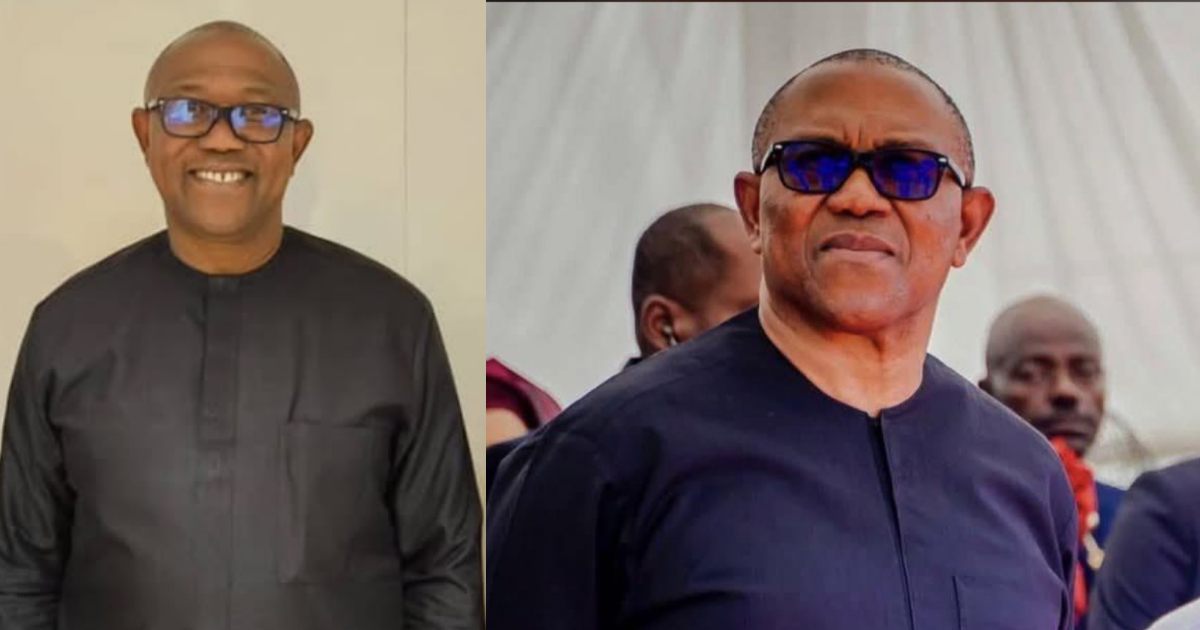
The Kaduna State Police Command has issued a strong advisory warning supporters of former presidential candidate Peter O...
You may also like...
Digital Privacy Is a Myth: And We Should Stop Pretending Otherwise

We still cling to VPNs, incognito tabs, and app settings like digital security blankets. But in a world run by surveilla...
Strength and Strategy: How the Kingdom of Benin Engineered a City Before Its Time
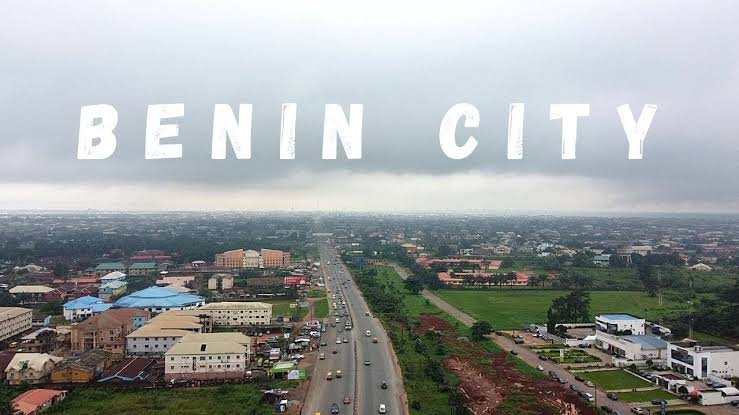
Long before colonialism, Benin City was a marvel of urban planning, technology, and governance. Discover how this ancien...
Breaking Ranks: Mali, Niger, and Burkina Faso Exit ECOWAS and Forge a New Path
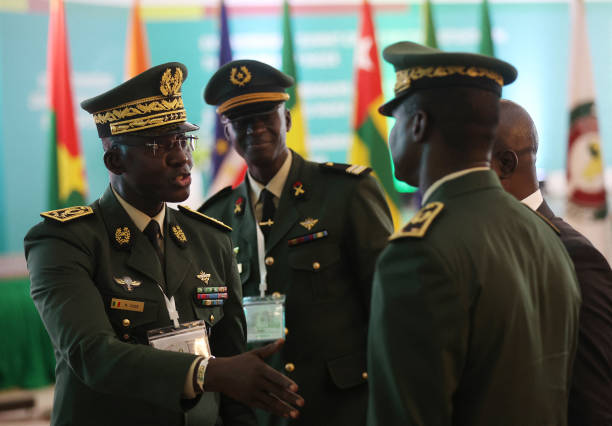
Mali, Niger, and Burkina Faso - all ruled by military juntas - formally exited the Economic Community of West African St...
Ethiopia’s Mega-Airport Ambition: Building Africa’s Largest Aviation Hub
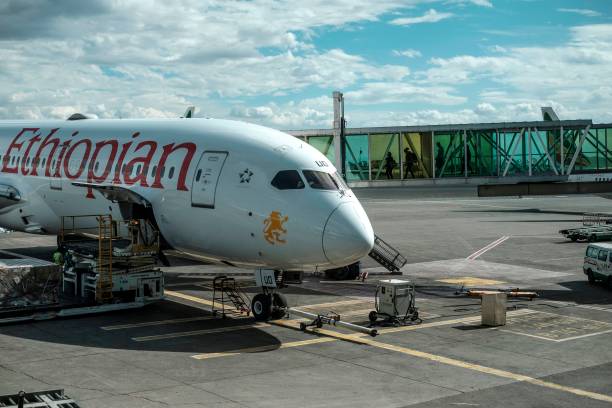
Ethiopia is building Africa's largest aviation hub near Bishoftu, about 40-45 km southeast of Addis Ababa. Spearheaded b...
How Africa's Youth are Forging a New Era of Governance and Transparency

From the Arab Spring's echoes to recent social movements, a tech-savvy generation of young Africans is using digital too...
How Nollywood is Rewriting the African Narrative on a Global Stage
(16).jpeg)
Nollywood is evolving beyond stereotypes and reshaping the global perception of Africa. From cultural preservation to st...
Beyond Commodities: Africa's Quiet Economic Revolution
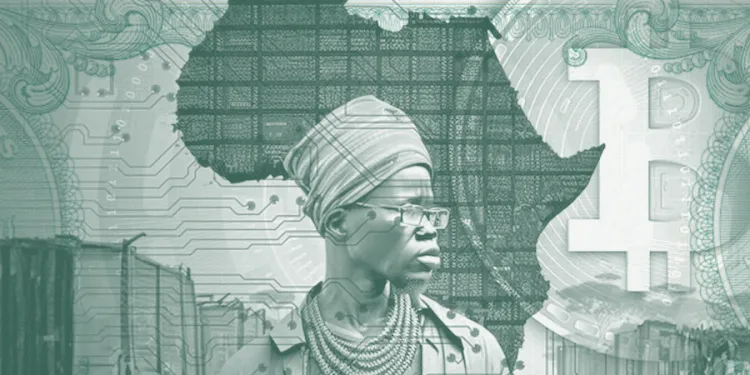
Africa is rapidly diversifying its economies beyond raw materials. Discover how innovation in manufacturing, services, a...
Are NGOs Doing More Harm Than Good in Africa?
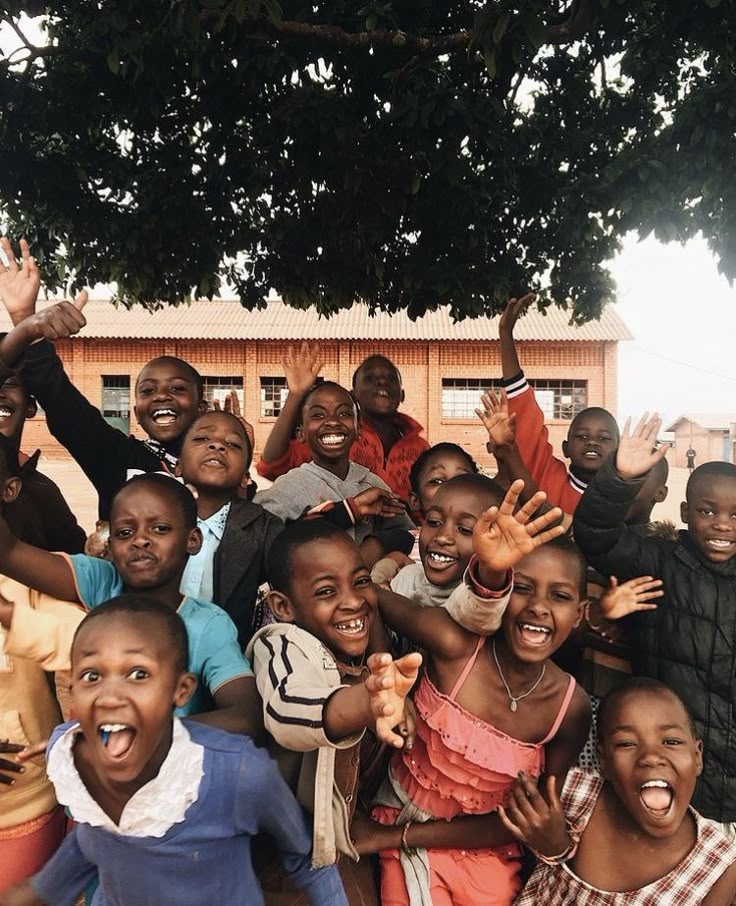
This bold, critical essay explores how foreign aid, dependency, and donor-driven agendas are stalling true progress. Fro...